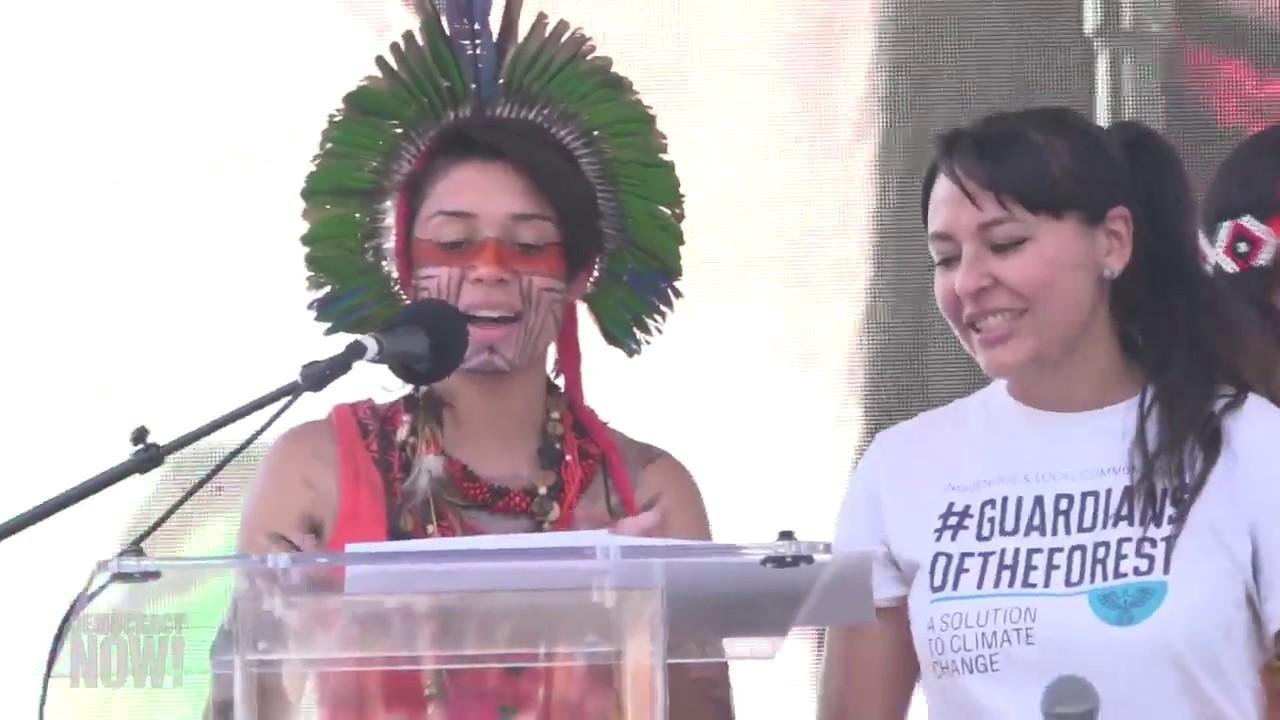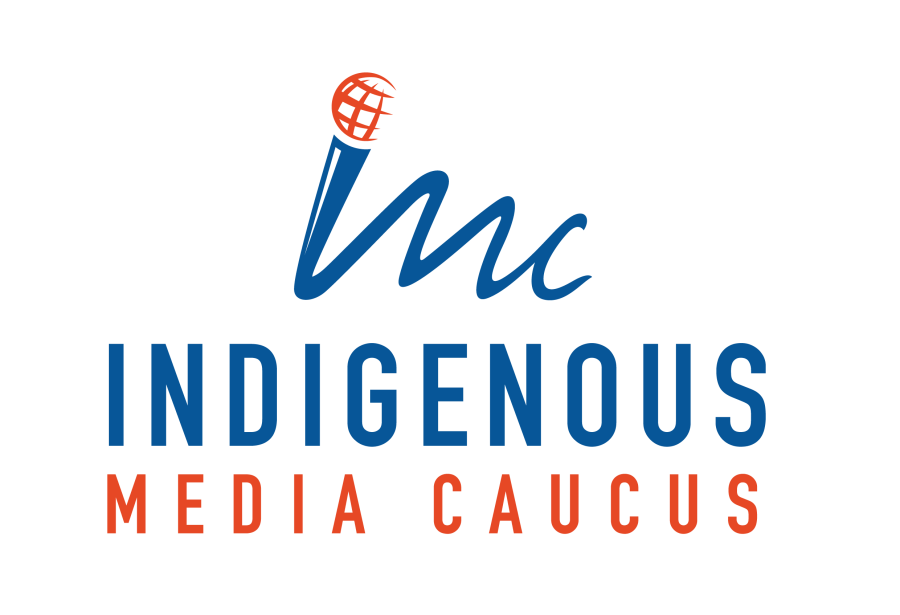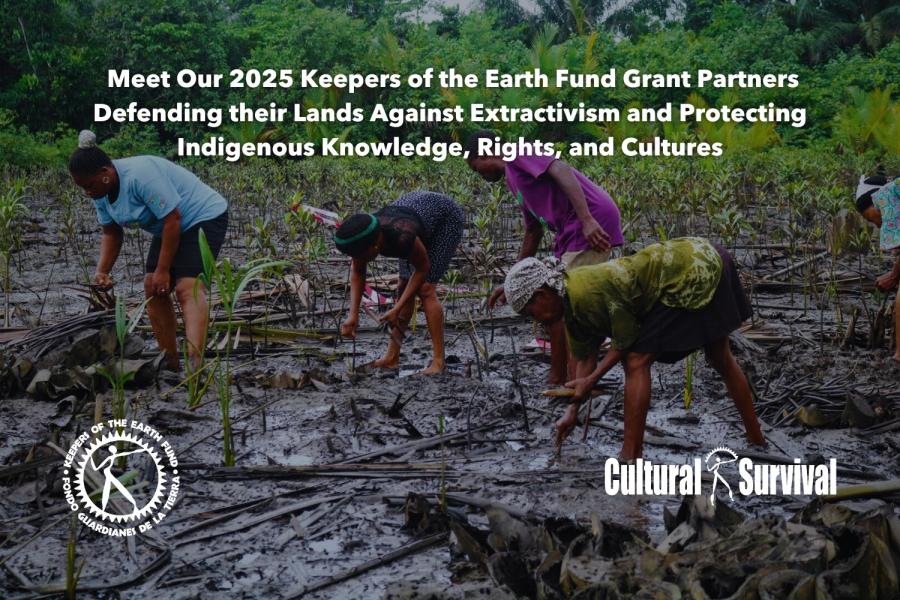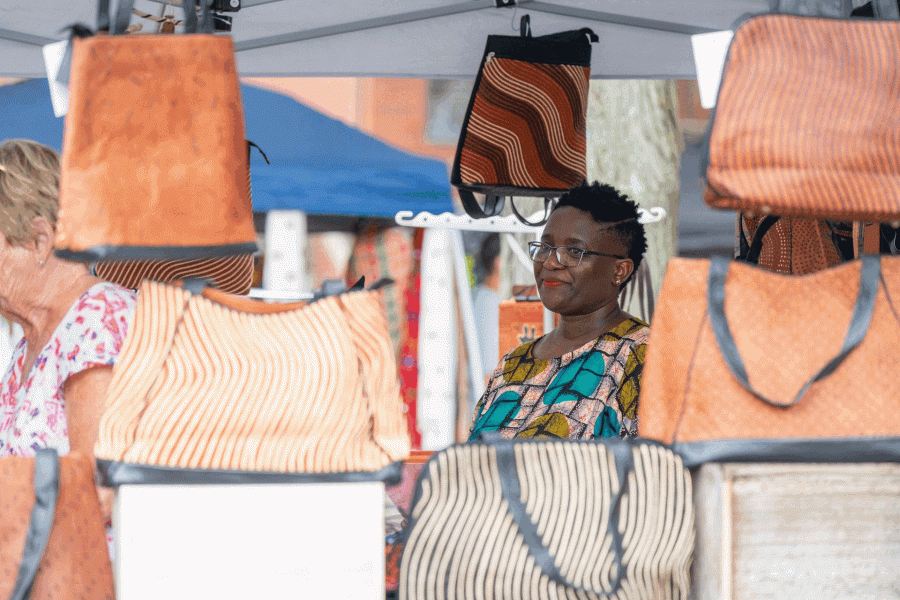
By Hani Abidi
The day after climate strikes were held globally, on September 21-22, 2019, the United Nations hosted over 500 young activists and innovators to take part in the Youth Climate Summit in New York. A day after hundreds of thousands of young people skipped school to take to the streets in demanding action to combat climate change, the young leaders who are helping lead the fight broadcast their solutions and discussed with decision-makers what the UN describes as “the defining issue of our time.” Among those in attendance was the 16-year-old activist Greta Thunberg, who kick-started the climate strike movement after protesting by herself on the steps of the Swedish parliamentary building. "We showed we are united and young people are unstoppable," she said. Thunberg’s message is one Indigenous leaders and Indigenous youth have been repeating for decades, often being marginalized and ignored.
While it is important to uplift the voices of all people uniting to fight climate change, it is especially important to uplift Indigenous voices. During the week of the Climate Summit, many sectors of society such as the scientific, activists, environmentalists, women sectors organized to offer solutions and wanted participation at the State conversations, however, Indigenous Peoples, and especially Indigenous youth were not part of the conversation.
Indigenous Peoples have been leading the fight against climate change far longer than when any official movements were created or treaties written, such as the Paris Agreement. Additionally, the climate crisis poses a grave threat to the survival of Indigenous communities globally, even though, according to the UN, “Indigenous Peoples contribute the least to greenhouse emissions.” Indigenous knowledge is crucial in the fight against climate change, and it is important that Indigenous people’s voices are elevated, and and their platforms are given the same amount of attention as other non-Indigenous activists.
Artemisa Xakriabá, a 19-year-old Indigenous climate activist of the Xakriabá Peoples of Brazil, spoke at the UN Summit about how there is no difference between an Indigenous activist like herself and one like Greta, they are united in the fight against climate change. “We fight for our Mother Earth because the fight for Mother Earth is the mother of all other fights,” Xakriabá said. She also discussed a crisis in her home country that particularly affects Indigenous Peoples: The Amazon fires, explaining, “The Amazon is on fire. The Amazon agonizes year after year for the responsibility of the government and its destructive policies that intensify deforestation and drought, not only in the Amazon, but in the other five Brazilian biomes. Climate change is a result of this, and it also helps to make the fires stronger.” She also discussed how it is primarily Indigenous Peoples in Brazil fighting to protect the Amazon, their sacred territory, but are being “persecuted, threatened, murdered, only for protecting our own territories. We cannot accept one more drop of Indigenous blood spilled.”
Autumn Peltier is another Indigenous activist who has used her voice to shed light on the climate crisis at the UN Youth Climate Change Summit. As the Anishinabek Nation Chief Water Commissioner, she advocates the importance of clean drinking water for everyone. She explained that her people, the Anishinaabe of Canada, believe water is sacred “because we are born of water and live in water for nine months.” During her speech, she discussed how in communities not far from where she lives, there are boil water advisories. “Our water deserves to be treated as a human with human rights. We need to acknowledge our waters with personhood… we all have a right to this water… No one should have to worry if their water isn’t clean or if they will run out of it.”
Carl Smith is one of sixteen youth who filed a complaint with the UN on September 23, 2019, alleging that five of the world’s major economies violated their human rights and have done little to nothing to take action for the climate crisis, failing to meet their emission reduction targets in their Paris Agreement Pledges. As a member of the Yuqiaq Tribe of Alaska, Carl discussed the impact of climate change that he has personally witnessed. "It got so hot this summer that fish started floating in the river, dead," Smith told ABC News. He said the rising temperatures and changing planet is difficult to deal with. "It is hard to see because it's the way I live, it's my culture and I don't want to see it die in my lifetime.”
Alongside the Youth Climate Summit, on September 21, there was a Platform for Indigenous Peoples at the UN Climate Action Summit 2019, headed by Hindou Oumarou Ibrahim, an Indigenous Chadian Mbororo activist, and organized by Ambassador Luis Alfonso de Alba (Mexico), Special Envoy of the UN Secretary-General, to discuss the future of Indigenous communities living under climate change and to discuss goals, solutions, and action plans. They discussed the way Indigenous Peoples are fighting climate change by “doing more than marching… They are looking for the solution, creating, protecting our forests, our waters.” The goal that was emphasized over and over again by multiple speakers in the Platform was to reduce emissions by 2030 to at least 45 percent. Others, like Ambassador de Alba, argued, “not to look to 2030 or 2050, and then assume that we have some time. In reality, we do not have that time, this is the scenario that the Paris agreement has given us… But within that report, it is also very clear that we have a very short period of time to achieve the action that is needed.”
An additional point emphasized by Graham Read, Anishinaabe-kwe and a member of the Wikwemikong First Nation, like Autumn Peltier, was the commitment “to implement and promote a rights based approach and access to an implementation of renewable energy development for a just transition away from fossil fuels that respects our self-determination.” This is important because, as the UN states, “Indigenous Peoples are among the first to face the direct consequences of climate change, due to their dependence upon, and close relationship, with the environment and its resources.”
Climate change has become an issue that activists all over the globe have united against. Indigenous Peoples make up less than 5 percent of the world's population, yet protect 80 percent of global biodiversity. Despite Indigenous communities contributing the least to greenhouse emissions, Indigenous peoples across the world face the consequences of climate change daily, and their voices must be heard and included in climate activism at every level.
Photo: Artemisa Xakriabá speaking in NYC.



